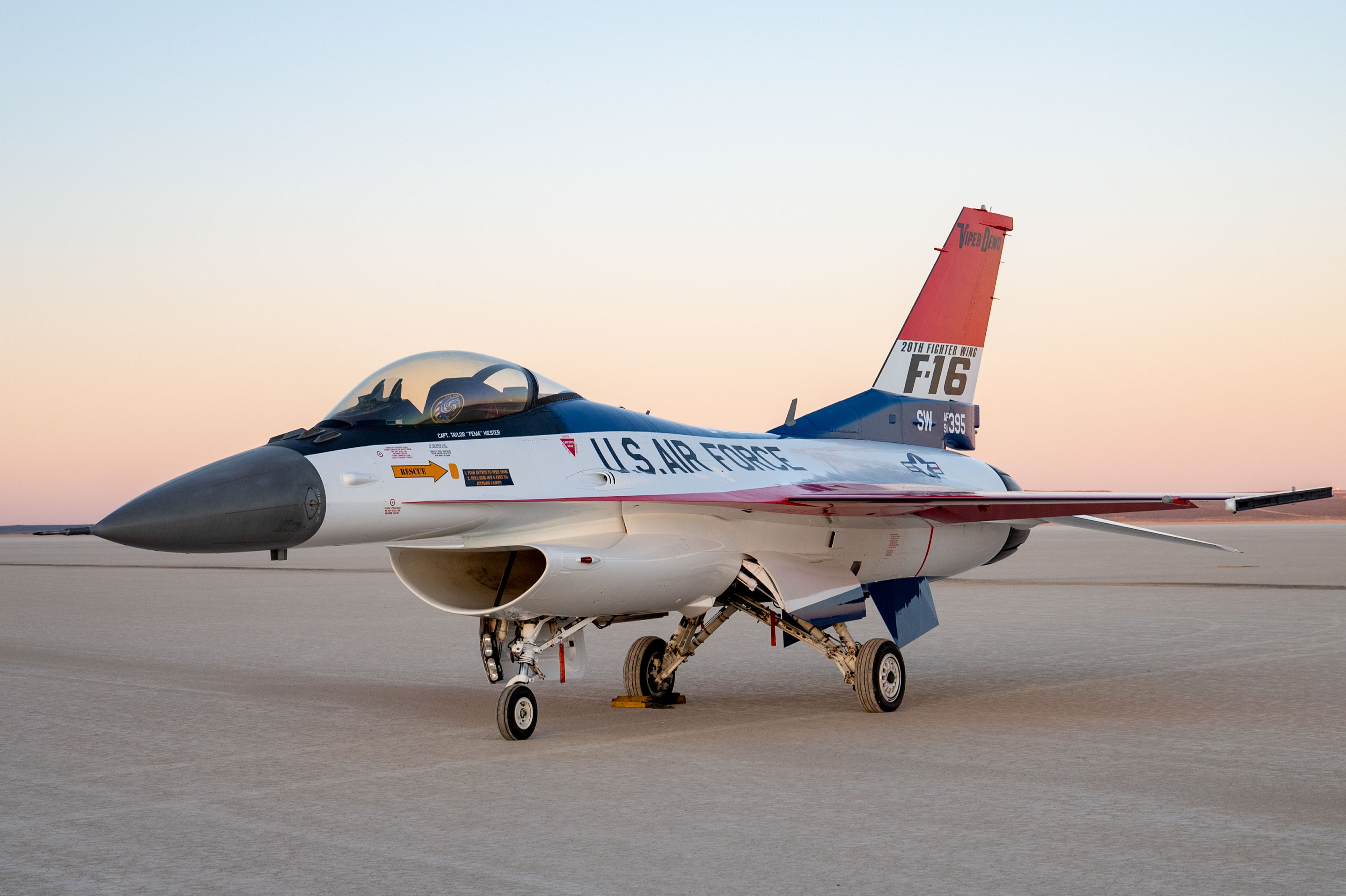
Did U.S. President Donald Trump really ‘offer’ the F-35 to India? Could it actually happen? Is the F-35 going to be the answer to India’s urgent fighter aircraft requirements?

Watch Chief Petty Officer Alexander of the German Navy frigate FGS Bayern explain how Allies still use signal flags to communicate with each other.

Watch Astronauts Barry “Butch” Wilmore and Sunita “Suni” Williams launch to the International Space Station on the first crewed flight of the Boeing Starliner on top of an Atlas V rocket on Wednesday.

General Atomics published a video of its Mojave Unmanned Aerial System (UAS) conducting a live-fire demonstration with its pair of Dillon Aero DAP-6 Gun Pod Systems.

The video series examines the challenges and effort required in securing the various domains of potential conflict in the Baltic Sea, including land, airspace, surface, sub-surface and harbours.

The red, white and blue paint scheme paint scheme was the original livery worn by the YF-16 prototype first flown in 1974.

Airbus Helicopters has published a video demonstrating the capabilities of its Racer high-speed helicopter concept, which is optimised for a cruise speed of more than 400 km/h.

The X-59 QuessT is an experimental aircraft designed to go supersonic without the sonic boom.

The CIA explains how it set up airlines as cover for its operations in South East Asia, during the Vietnam War.

The vintage fighter which first flew in 1958 is being succeeded fifth generation Lockheed Martin F-35A Lightning II Joint Strike Fighters and Korean-built FA-50 and KF-21 fighters.




















